By - Reviewed . Published Jul 8, 2019.
As the cost of living keeps on rising, it's more important than ever to save money on your grocery purchases and still eat healthy and flavorful food. Here are some easy-to-follow ideas for saving money on food.
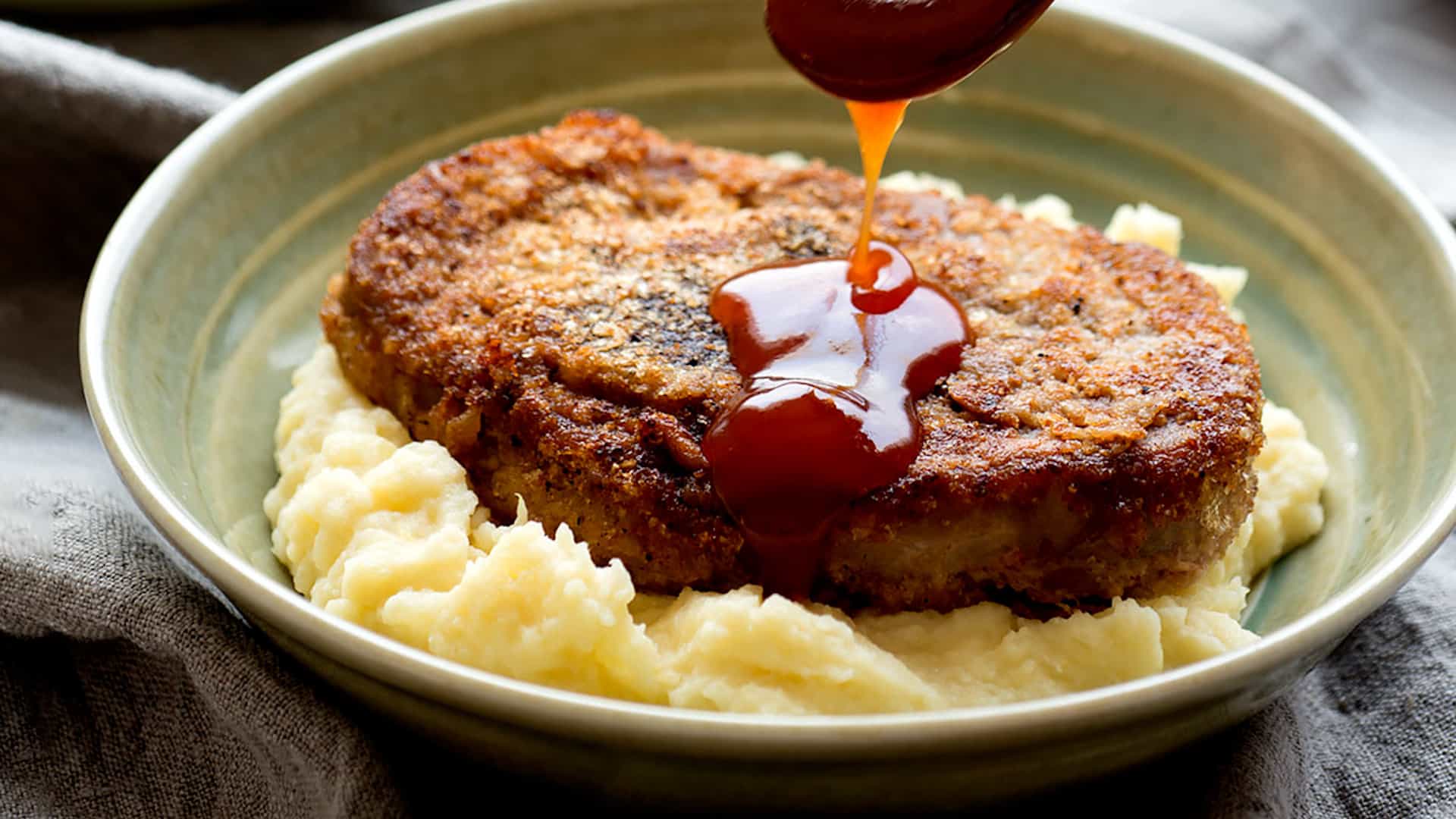
In times of crisis and financial woes (which may come at any or all times), we look for ways to cut our spending on food. I have some great money-saving ideas for feeding yourself or your family on a budget without sacrificing nutrition or taste.
Put my tips to the test, and I guarantee you'll see the results at the end of the month.
My experience
As someone from a historically disadvantaged country with a high proportion of families that subsist on low incomes, I've found that our cuisine is full of home-cooked meals that are satisfying and nutritious without breaking the bank, so we're experts of sorts on stretching food budgets.
If you've ever asked yourself, "What should I eat to save money?", or "How do I save money on groceries" I have these simple, straightforward ideas that will help you save money cooking at home and food shopping on a budget.
1. Make a shopping list
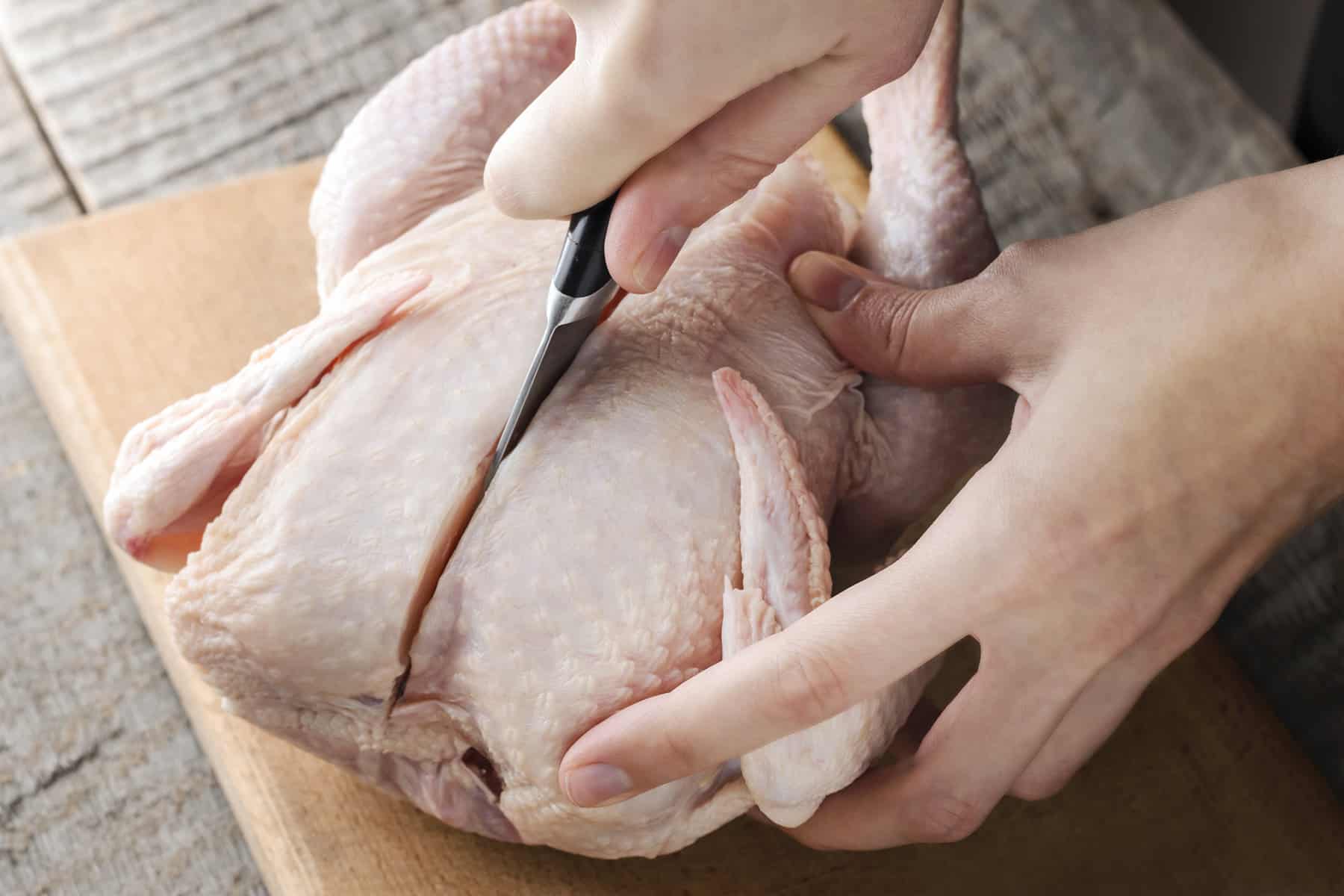
Plan meals for the week. Meal prep by writing down the week's menu and making a list of the ingredients you need.
Check that you don't have what you've listed in your kitchen pantry before heading for the grocery shop. Sometimes we forget what's in the cupboard. Don't go shopping when you're hungry; you'll be more likely to stick to your shopping list and avoid unpleasant surprises at checkout.
Consider buying store brands. There's a lot of savings in doing that, and in my experience, there's often no difference in quality between those and more expensive name brands. Look out for the best deals, keeping an eye out for discounts and bargains like cheaper cuts of meat.
2. Shop online
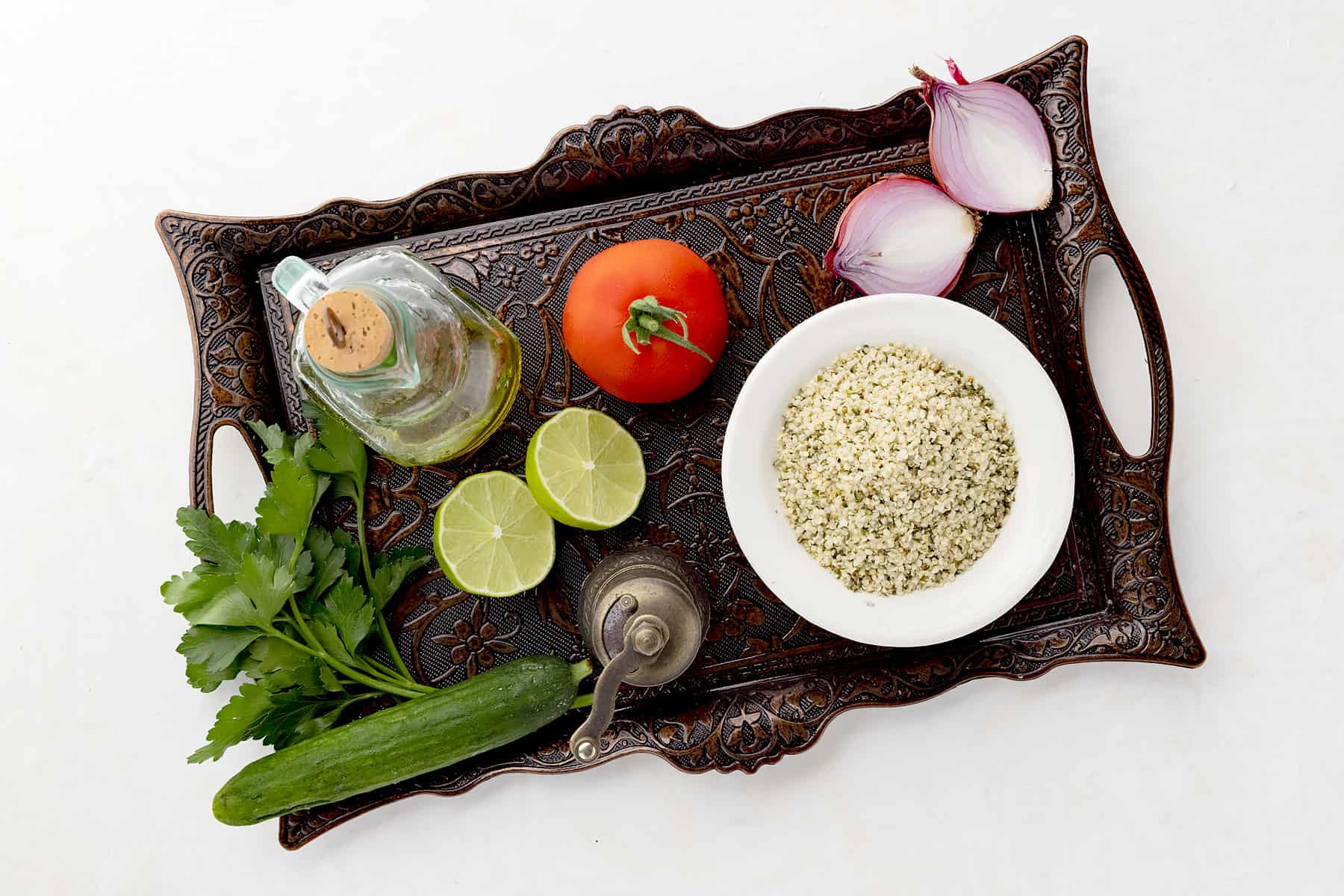
If this is an option for you, it may be worth shopping online (check prices!). This helps reduce expensive impulse buys. I stick to my budget and shopping list much more easily when I don't shop in person and get seduced by things I didn't know I "needed" that appear on the supermarket shelves.
Sometimes the savings from buying in person are offset by the cost of transport and my own time too. You could put it to the test and then compare the receipts!
3. Buy in bulk
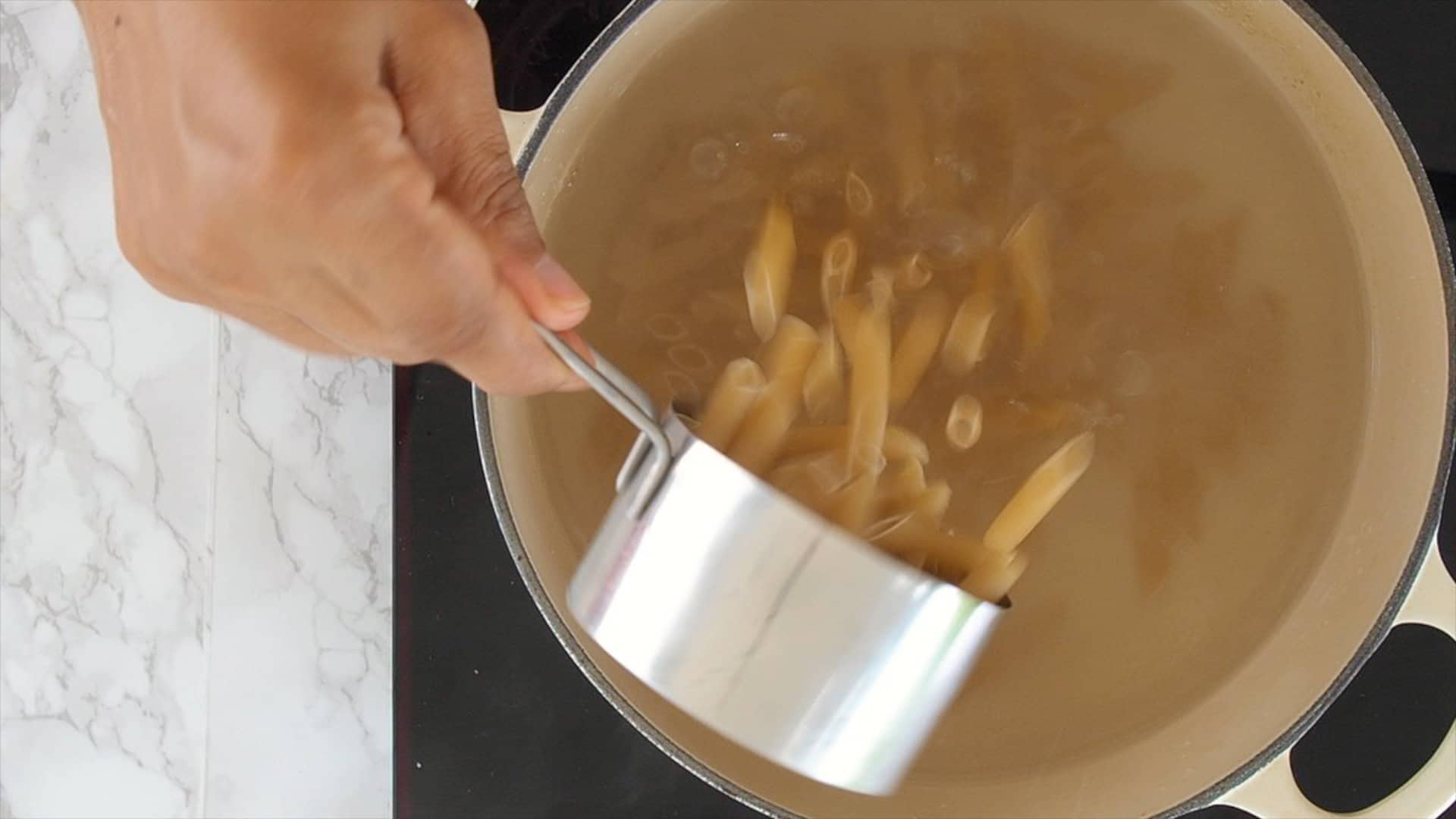
Some items with very long shelf life don't spoil with time. Those are worth buying in bulk. Toiletries and some foods can be bought from distributors at a discount and are easily stored. With prices changing, you will consume today's meals at yesterday's prices.
However, there is an exception: I prefer to make frequent trips to the grocery store to buy perishables (milk, cheeses, vegetables), as they don't last very long in the fridge, and are a huge source of food waste.
We're a small family, so if I'm able to, I prefer to buy things in small quantities to prevent waste. I prefer frozen to canned veggies, as they may be more nutritious, and I only use what I need and leave the rest frozen.
You can also bulk buy with several other households and divide the products - and the cost - with each other. This will also cut down on fuel costs because several families will make one journey together.
Buying the supermarket private label or generic brands can also save you money, and often they are of the same quality as well-known brands.
Food staples and groceries that you can buy in bulk
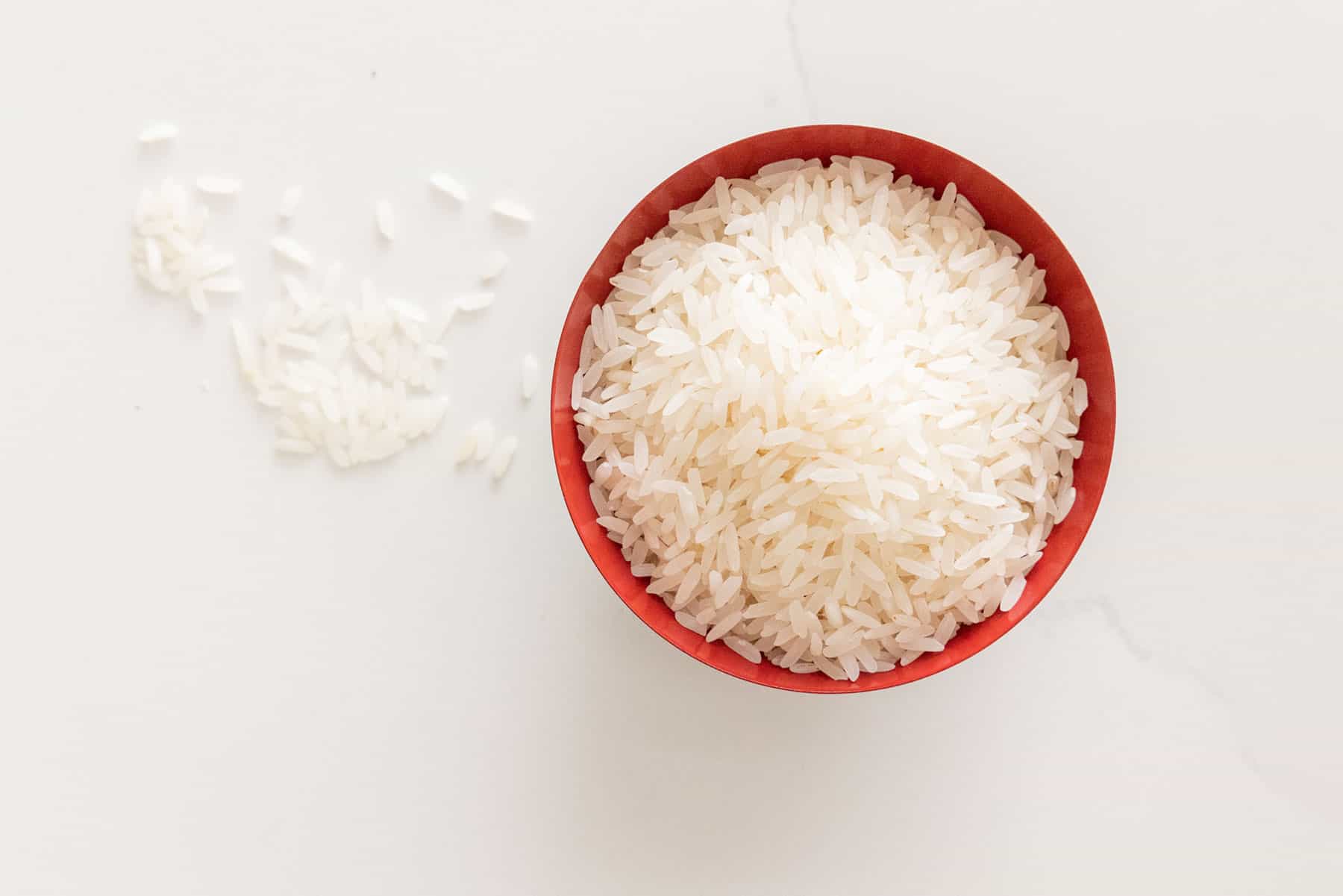
- Rice and grains
- Dry beans and pulses/legumes
- Pasta and noodles
- Canned goods and foods in jars
- Oil
- Some spices
4. Do it yourself
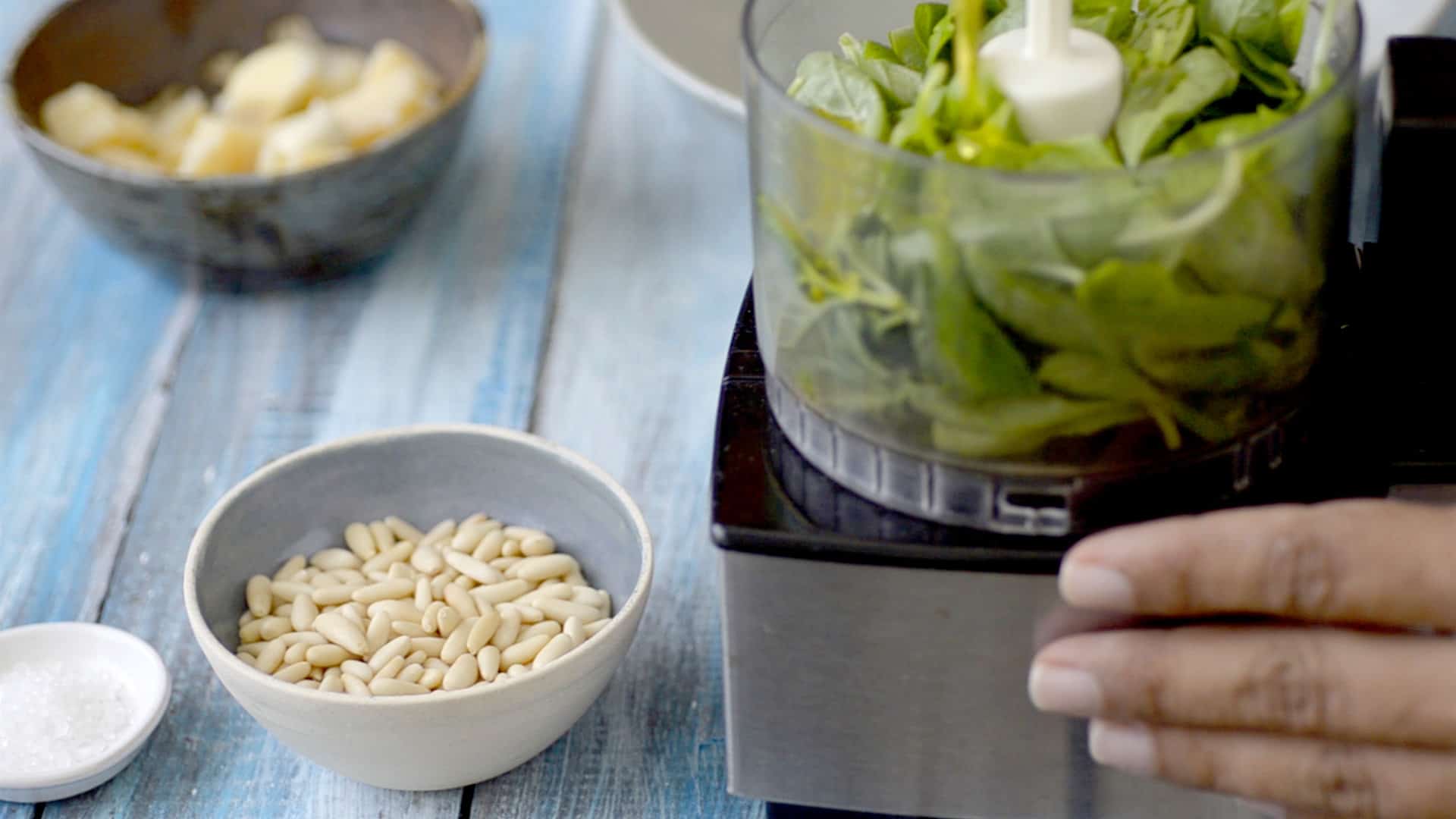
Sure it's easier to use chicken stock or seasonings cubes, but try this: Buy a whole chicken, use the meat in your meals, and with the bones and my recipe (see list below), make your own broth! I also have a vegetable broth recipe. Pour the liquid into an ice cube tray and refrigerate. It's much healthier, and you'll notice the difference in the shape of a reduced grocery bill.
If you have some vegetables (onions, garlic, peppers), herbs, and some spices, make your own sazón (seasoning, recipe below), and refrigerate or freeze.
Don't ever buy breadcrumbs or panko again. Use my recipe to save old bread from the trash bin.
Also, save money on food by learning how to prepare your favorite dishes and prepare them at home. Cooking good food at home is essential when on a budget: Leave eating out for special occasions!
Homemade foods to help you save money
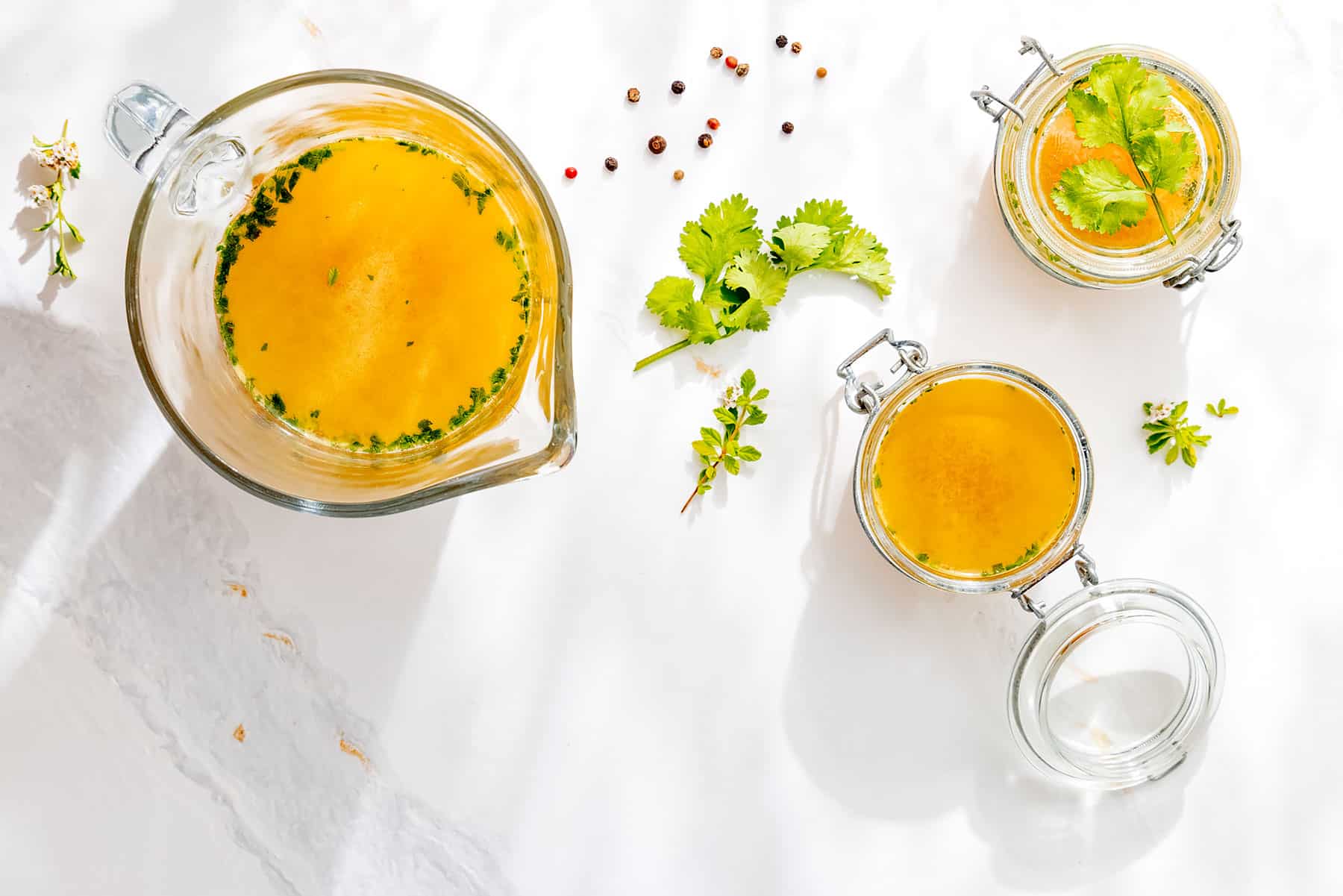
- Chicken broth
- Vegetable broth
- Homemade tomato sauce
- Seasoning and sofrito
- Rub / Seasoning powder
- Savory peanut butter
- Spicy sauce / Spicy vinegar
- Homemade breadcrumbs and panko
- Yogurt dip and dressing
- Bija / Annato oil
- Weight Watchers crockpot chicken stuffing
- ... more seasonings and condiments made at home
5. Reuse leftovers
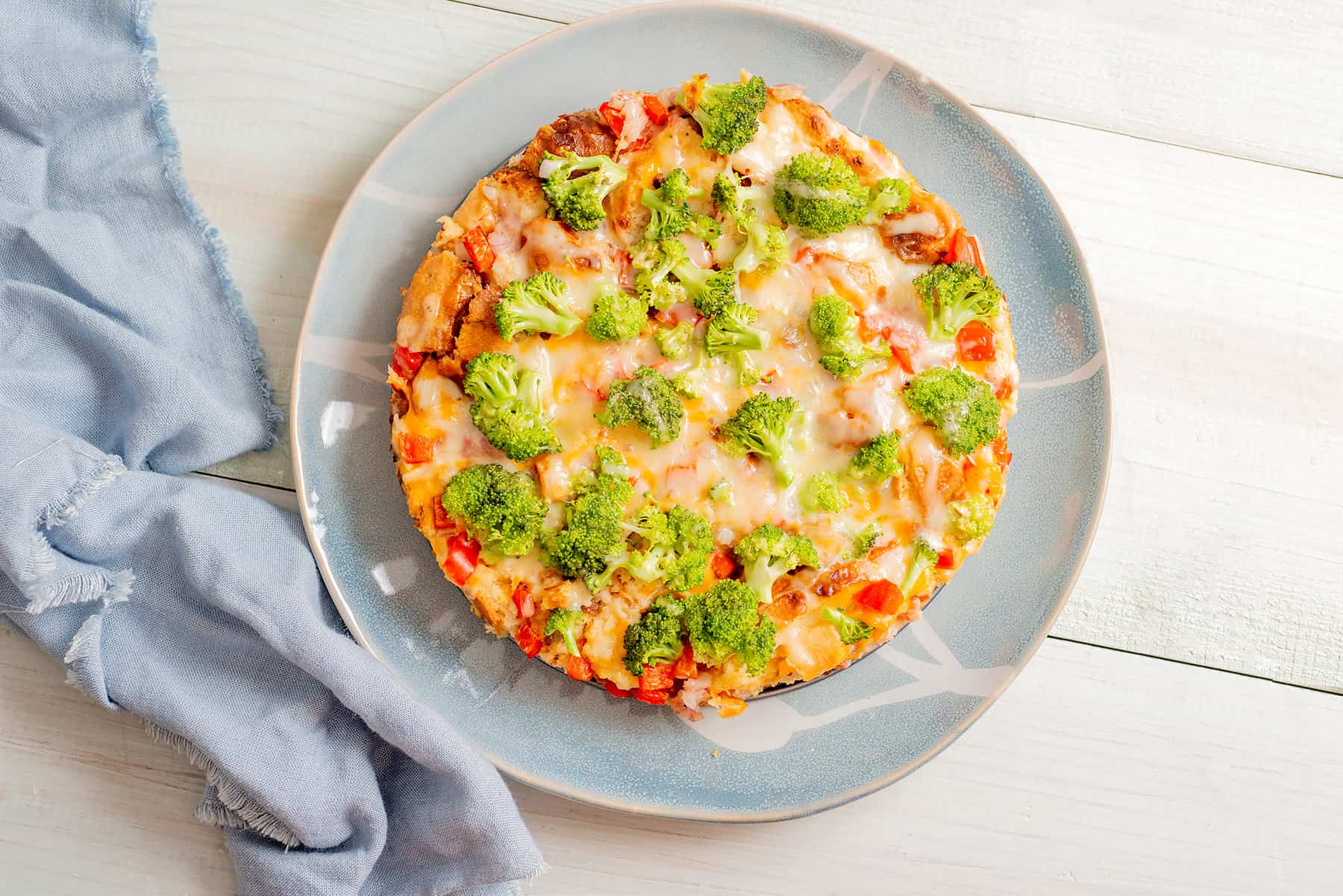
You don't need to start every meal from scratch. Use leftovers to prepare or complete other meals for the week.
Leftover ground beef, pork, or veggies will make excellent fillings for a casserole or can be made into sandwiches or empanadas. Leftover meats and veggies can be added to soups or stews for a quick, uncomplicated meal, or even stir-fries, or to a plate of spaghetti if suitable.
It's better to cook arroz blanco (white rice) in big batches and freeze every day's serving, which will save time and gas or electricity. The same goes for boiling dry beans and legumes/pulses like chickpeas and lentils. They freeze really well after being cooked and are, in fact, something we've done at home forever. There's certainly no need to cook them from scratch every time.
Use vegetable "fillers" when cooking meat (auyama, carrots, mushrooms, broccoli, eggplant, chayote, etc.) for extra volume and to boost its flavor. Remember that a portion of meat is equivalent to the size of a deck of cards, much less than we usually eat.
Don't waste your money on freezer bags! Get a set of glass freezer-safe containers; they have the extra advantage that you can use them for serving and are more environmentally friendly!
Recipes to save money
You can reuse leftover foods to make these tasty money-saving meals:
- Reuse leftover rice to make this yellow rice
- Make picadillo with vegetables and reuse the leftovers
- Use leftover rice to make chofán (fried rice)
- Use leftover day-old bread in this bread pudding
- Make a day-old bread casserole
- Use leftover chicken to make this chicken dip
- This colorful salad is made with leftover rice
6. Eat well
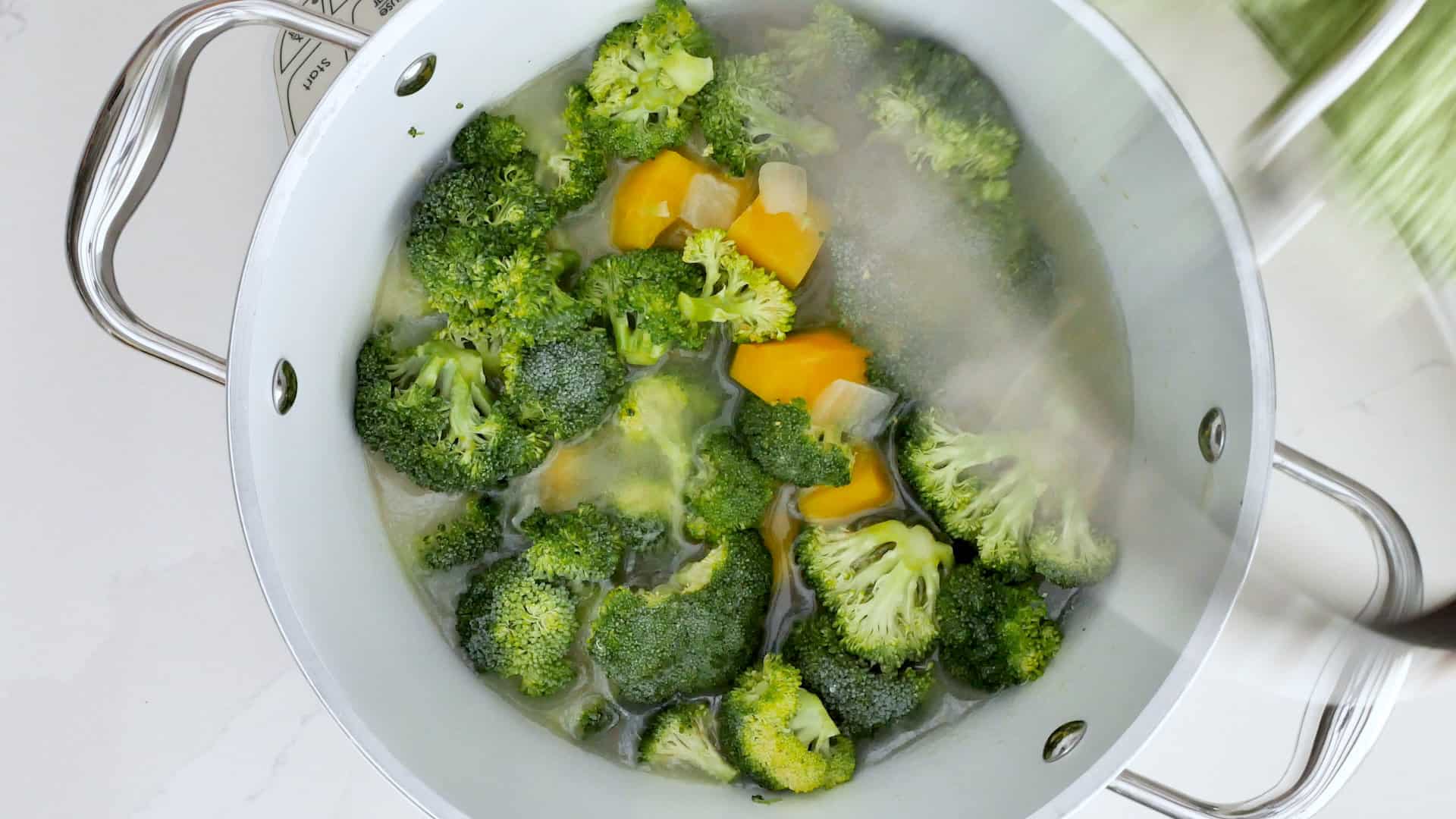
Funnily enough, the most expensive foods are usually the ones the doctors warn us about. Vegetables, good fats, and protein fill you up, are more nutritious, and may even be cheaper than processed foods. Instead of a snack in a bag, why not eat an orange, a boiled egg, a slice of cheese, or a small portion of whatever leftovers you have?
Minding what we eat is even more important when feeding your children. Serve smaller portions. Your waist will thank you. An extra advantage of eating real food: getting sick is really expensive! Save your money and sanity by eating the best food you can, which does not mean "the most expensive".
7. Energy-saving cooking
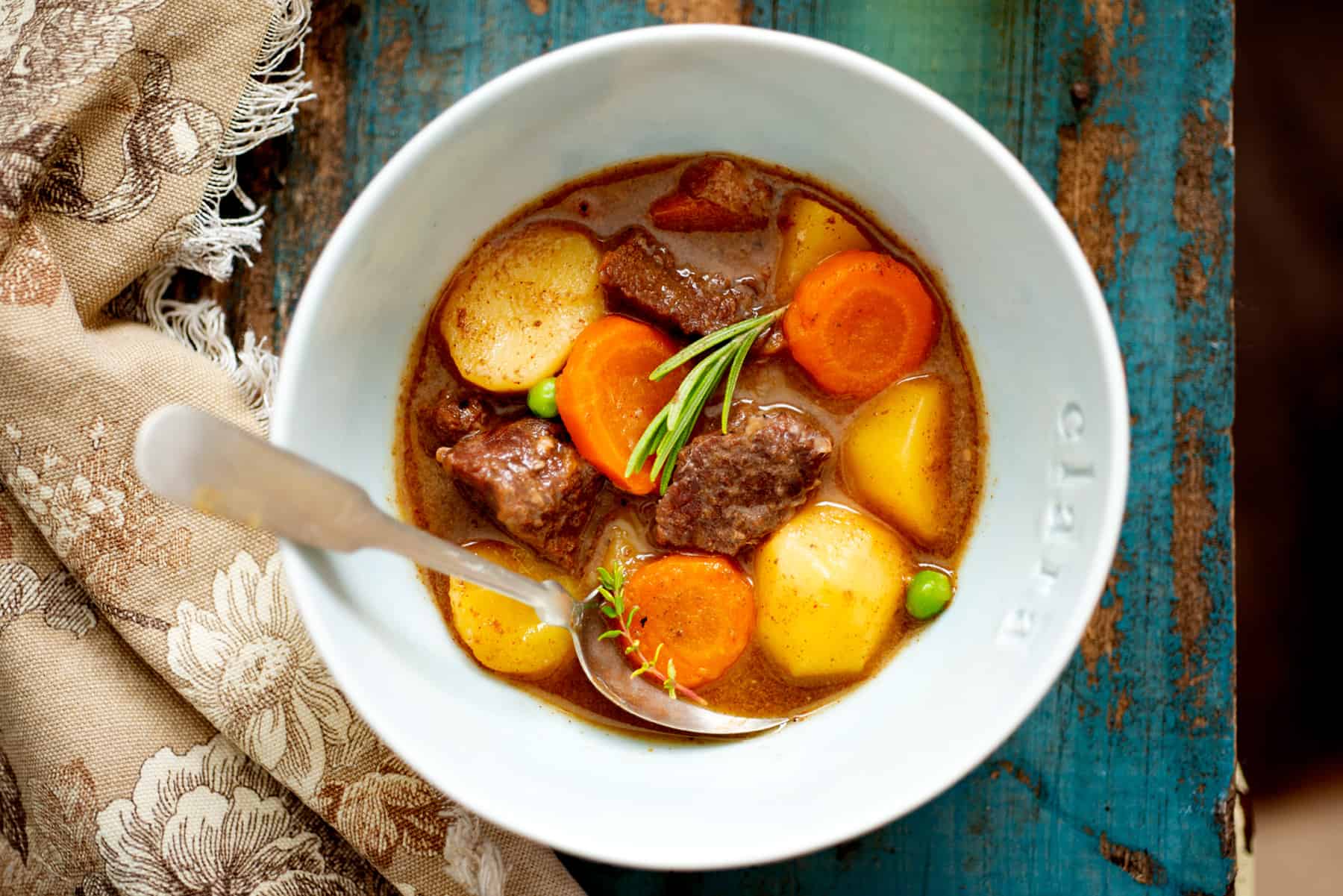
We're not just trying to save money on food purchases. We also keep an eye on the rising cost of electricity and cooking gas. Some ways of reducing our energy consumption without sacrificing taste include:
Making one-pot meals
Using energy-saving appliances
- Using the microwave is a net energy saver. It uses more power, but cooking times are vastly reduced.
- Try using a slow cooker - one of the most energy-efficient cooking methods.
- A pressure cooker drastically cuts down cooking time and, therefore, energy consumption.
More energy-saving tips
- Reduce overall cooking time by defrosting your food in advance. Prepping, as mentioned above, also saves energy, as all you have to do is reheat the meal you have already cooked.
- Cover pans to minimize heat loss, turn off the stove, and allow the pot to finish cooking using the residual heat.
FAQs
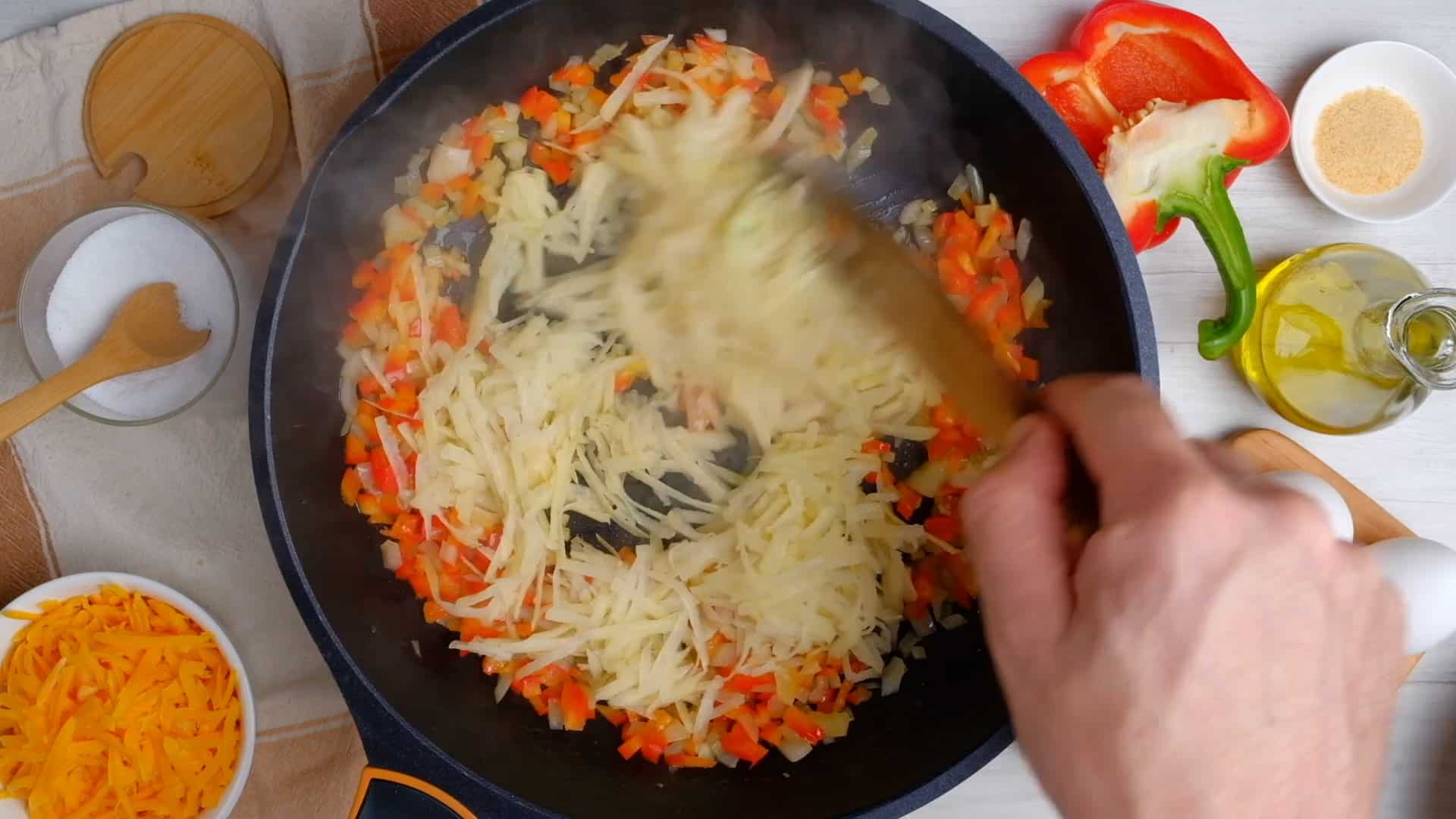
How can I drastically lower my grocery bill?
The quickest and most effective way to lower your grocery bill is to plan your menu for the whole month ahead of time. That way, you can buy ingredients in bulk, and reduce food waste. Meal-prepping and cooking some ingredients in bulk and freezing them also saves time and energy.
Is it cheaper to eat out when you live alone?
If you plan your meals at least two weeks in advance and stick to your budget, it will be significantly cheaper than eating out every day.
Add years to your lifespan and $ to your pockets. I welcome your suggestions for more money-saving tips, so share them in the comments.
Want to save this recipe?
Enter your email & I'll send it to your inbox. Plus, get great recipes from me every week!
By , published Jul 8, 2019 on Tia Clara


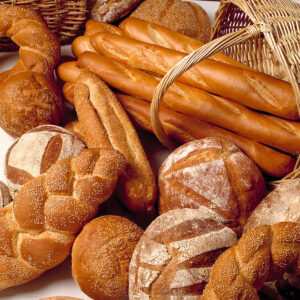

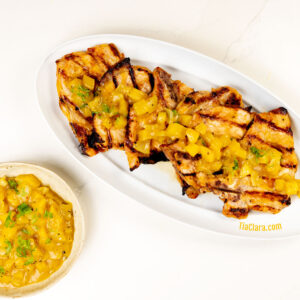
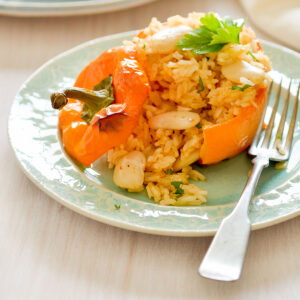
Marcy
Just joined this site I’m anxious and excited to start making you recipes..thank you
Tia Clara
Well, then, let's get cooking! 🙂
Kathy
Algunos trucos los conozco pero siempre aprendo algo contigo, querida
Tia Clara
Todos aprendemos unos del otro. 🙂
EstrellitadeMar
Thank you!
Tia Clara
Thanks to you for reading...
jan
Excellent post!
Tia Clara
Thanks, Jan!